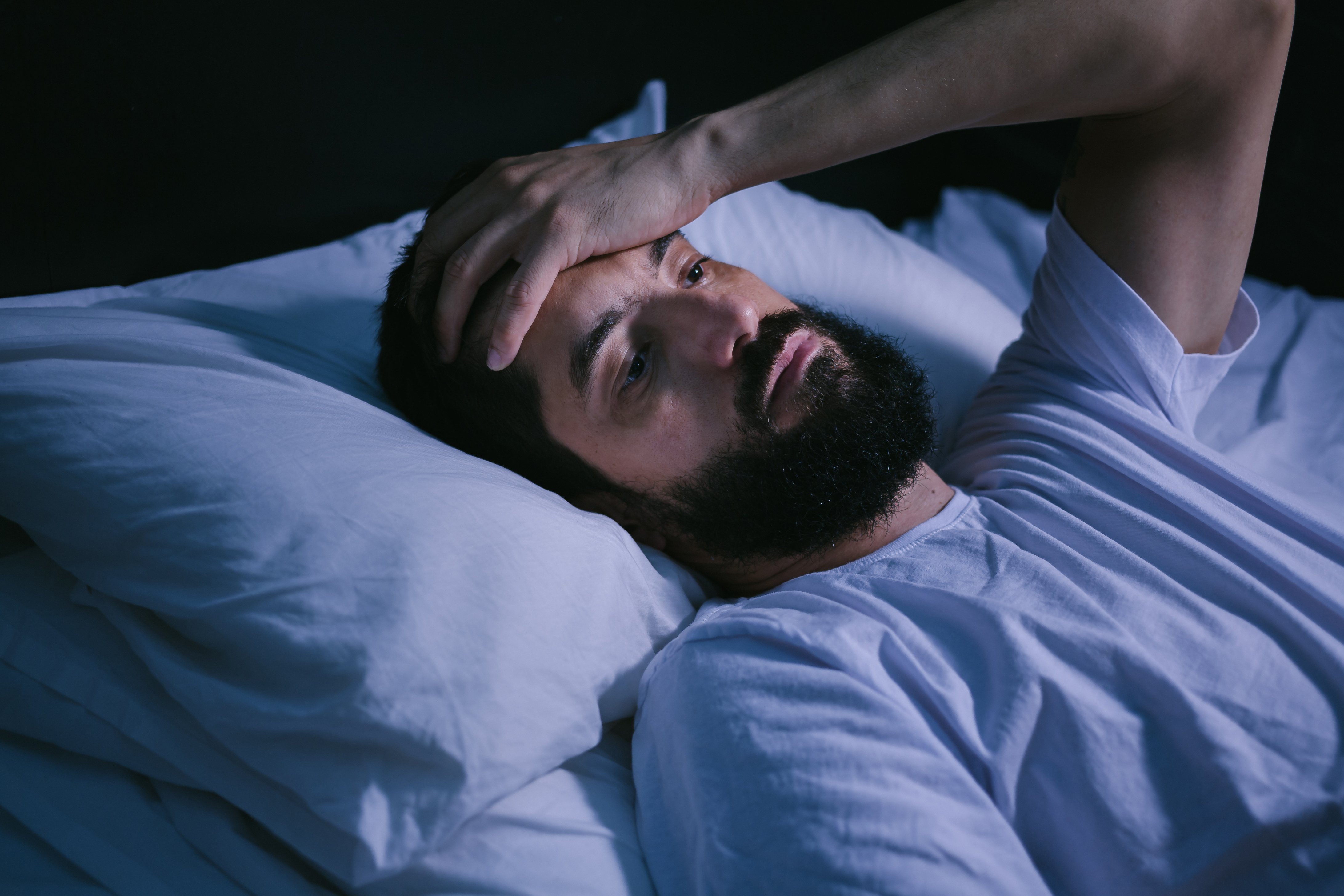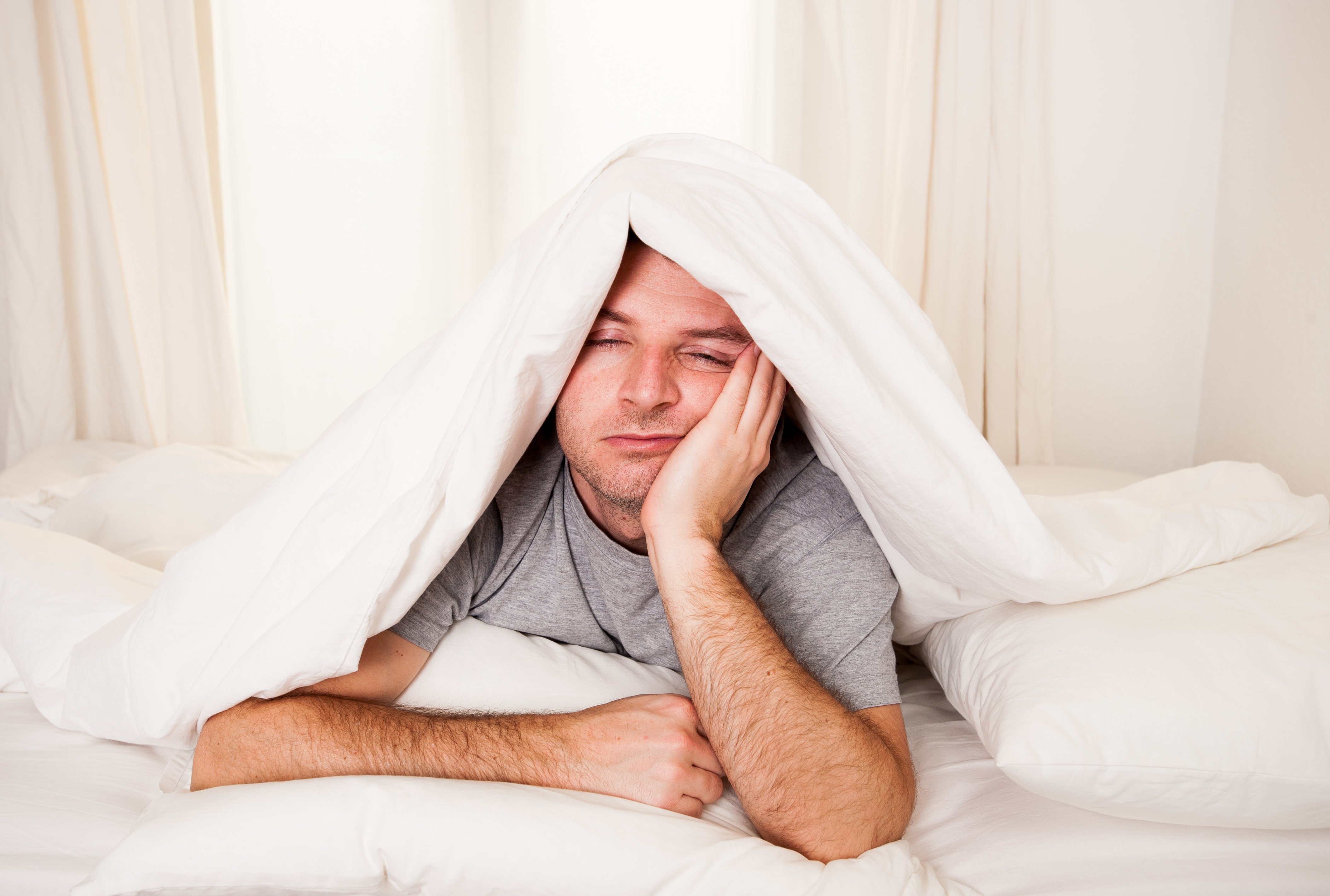
Sleep apnea and snoring
Revitalize your nights to rediscover both your vigor and energizing vitality.
Sleep apnea and snoring
Sleep apnea syndrome is widely prevalent in Quebec. Individuals affected by this disorder experience breathing issues during their sleep, compromising its quality and restorative effects.

Cause
Sleep apnea results from a physical obstruction of the airways.
This situation can be triggered by the relaxation of soft tissues located at the back of the mouth and in the throat. If the size of the jaw doesn't allow sufficient space for the tongue, it tends to collapse, further restricting the airflow and hindering its passage. As you breathe, the soft tissues in the throat vibrate, causing the sound of snoring. In more severe cases, characterized by sleep apnea, breathing can pause for 10 seconds or more.
When breathing is interrupted, oxygen levels in the blood decrease, forcing the heart to work harder, leading to an elevation in blood pressure.
Symptoms:
- Snoring
- Fatigue upon waking up
- Dry mouth/throat
- Difficulty concentrating
- Fatigue
- Weight gain
- Irritability
- Excessive daytime sleepiness

Consequences
Several conditions are linked to sleep apnea, including high blood pressure, obesity, heart diseases, acid reflux, depression, and diabetes.
Moreover, it's important to note that the impact of this syndrome isn't limited solely to the person affected. In fact, the immediate surroundings of the affected individual can also be influenced by this issue.
Treatments
Several solutions are available to improve the quality of your sleep. Among these, CPAP (continuous positive airway pressure) therapy, orthodontic treatment combined with jaw surgery, and mandibular advancement device (MAD) are notable options. These treatments are designed to address this condition.
At Centre Dentaire Amari, Dr. Carrier offers orthodontic treatment in combination with jaw surgery, as well as the mandibular advancement device service. This custom-made device advances the lower jaw, facilitating improved airflow in the respiratory passages. Worn during sleep, this device prevents the jaw from collapsing while you rest. This treatment proves particularly effective for cases of moderate sleep apnea or when a patient cannot tolerate CPAP usage.
To determine if you're a suitable candidate for this treatment, we encourage you to schedule a consultation. During this consultation, Dr. Carrier will assess your situation through various tests, radiographs, and measurements, providing recommendations and an appropriate treatment plan.
How do I find out if I have sleep apnea?
If you answer yes to one or more of these questions, it would be important for you to consult your doctor or Dr. Carrier to get an idea if you have sleep apnea:
- Do you regularly wake up feeling tired, even after a long night's sleep?
- Do you frequently fall asleep during the day, at home or at work?
- Do you have a habit of snoring loudly?
- Has your partner ever witnessed you choking, gasping for air, or holding your breath during sleep?
Sleep apnea without snoring. Is it possible?
Not many people are aware that not all snorers receive a diagnosis of sleep apnea; it is possible to have sleep apnea without snoring and to snore without having sleep apnea. en francais


